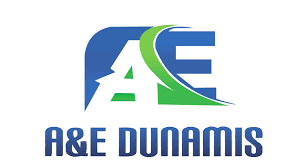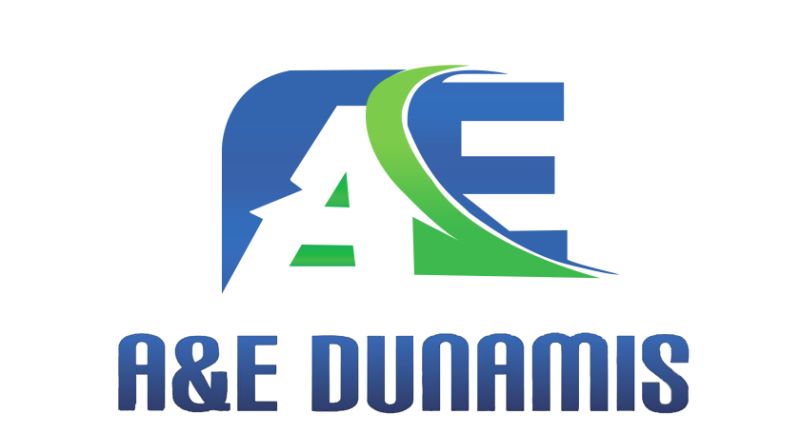Understanding Single Phase vs. Three Phase Power Systems
Understanding Single Phase vs. Three Phase Power Systems
Electricity powers our homes, offices, and industries — but not all power systems are created equal. The two most common types of electrical systems are single phase and three phase. Whether you are a homeowner planning solar installation, or a business looking for stable industrial power, understanding the difference between these two systems is essential.
What is a Single Phase Power System?
A single phase system uses just one alternating current (AC) waveform. It is the most common form of power supply for homes and small businesses.
-
Voltage supply: Typically 220–240 volts.
-
Wiring: Two wires (one live, one neutral).
-
Best for: Residential appliances like fans, TVs, lighting, small air conditioners, and refrigerators.
-
Advantages: Simple setup, cost-effective, widely available.
-
Disadvantages: Not suitable for heavy machinery or large loads.
What is a Three Phase Power System?
A three phase system uses three AC waveforms, each separated by 120 degrees. This makes it more efficient, stable, and powerful, which is why it is preferred in industries and large commercial buildings.
-
Voltage supply: Usually 380–415 volts.
-
Wiring: Four wires (three live, one neutral).
-
Best for: Factories, hospitals, data centers, and heavy-duty machines.
-
Advantages: Higher efficiency, stable voltage, supports larger loads.
-
Disadvantages: Higher installation costs, requires skilled technicians.
Key Differences Between Single Phase and Three Phase Systems
| Feature | Single Phase | Three Phase |
|---|---|---|
| Voltage | 220–240V | 380–415V |
| Wires Used | 2 wires | 4 wires |
| Application | Homes, small businesses | Industries, large firms |
| Cost | Low setup cost | Higher installation cost |
| Load Capacity | Light loads | Heavy-duty machinery |
Which One Do You Need?
-
If you are powering a home or a small office, a single phase system is sufficient.
-
If you are running a factory, hospital, or large-scale business, you need a three phase system to ensure reliability and handle heavy loads.
Choosing between single phase vs. three phase power systems depends on your power requirements. For residential use, single phase offers simplicity and affordability. For industrial or commercial use, three phase provides the power, efficiency, and stability you need.
At A&E Dunamis, we provide expert power solutions including voltage regulators, stabilizers, and solar systems that support both single phase and three phase applications. Whether at home or in business, we ensure your power is always stable and reliable.

